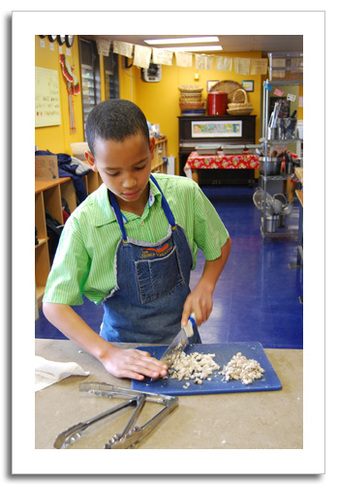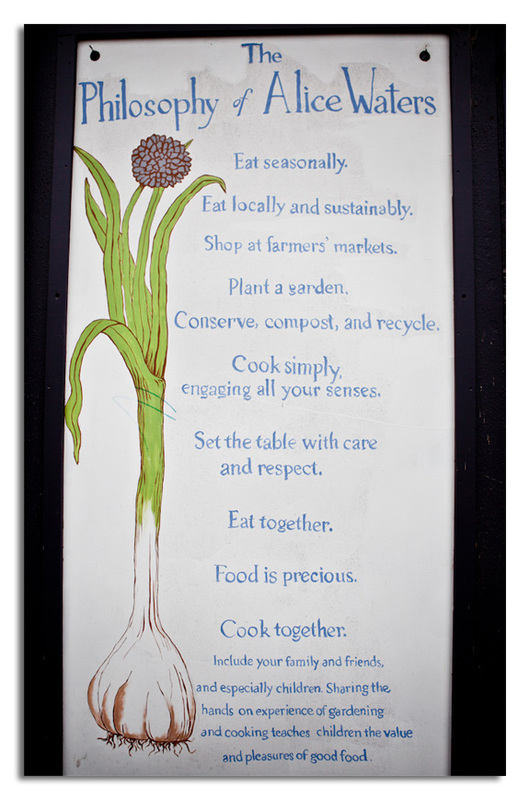- Home
- Who We Are
- Kelly Ann Brown
- Board of Directors
- Grant Process
-
Grant Recipients
- 2021 Grants >
- 2020 Grants >
-
2019 Grants
>
- Blueprint North Carolina
- Hometown Action
- Indivisible
- Kentucky Civic Engagement Table
- Maine People's Alliance
- Montana Voices
- PA Stands Up
- RAZE
- Rural Utah Project
- We The People – Michigan
- Wisconsin Voices
- Artist Lilli Lanier
- Living Design Foundation
- UMO School
- Vashon Wilderness Program
- LMHPCO
- March of Dimes
- Pink Smoke Over the Vatican
- 2018 Grants >
-
2017 Grants
>
- Seahawks Equality Fund
- Mother Jones Investigative Fund
- Megan Mudge Scholarship Fund
- Charlotte Maxwell Clinic
- Earthjustice
- Vashon Wilderness Program
- Father Roy Bourgeois
- Northwest Immigrant Rights Project
- Legal Voice
- LMHPCO
- Color of Change
- The Nuns, The Priests, and The Bombs
- Harmony Project
- Honolulu Biennial Foundation
- El Centro de la Raza
- 2016 Grants >
- 2015 Grants >
- 2014 Grants >
- 2013 Grants >
-
2012 Grants
>
- 826 Valencia
- Pathstar
- The Los Angeles Maritime Institute/Topsail
- Center for Justice and Accountability
- Ruth Asawa School of the Arts
- Maasai Children's Initiative
- Pathways to Independence
- New Connections
- Homeboy Industries
- Pink Smoke Over the Vatican
- Father Roy Bourgeois
- Yeko Anim
- BookMentors
- Annie Wright Schools
- 2011 Grants >
- AWS Endowment Fund
The Edible Schoolyard Project
|
"A garden brings life and beauty to the table."
--Alice Waters, founder and president of The Edible Schoolyard Project Alice Waters is famous for her restaurants in the Bay Area of California, particularly Chez Panisse in Berkeley. Chez Panisse opened its doors on August 28, 1971. Despite being on the list of the best restaurants world-wide, Alice Waters told NPR in 2011 that she wanted Chez Panisse to be “an easygoing, unaffected gathering place.” Chez Panisse’s cuisine has always been guided by Alice’s quest for ingredients that are organically and locally grown, and ecologically harvested by people mindful of future generations. On their website, Chez Panisse invites diners to experience the thrill and intimacy of “vegetables just out of the garden, fruit right off the branch, and fish straight out of the sea.” This gathering place for friends to share healthy, delicious meals and exciting conversation was reminiscent of Kelly’s kitchen. Kelly was a talented and passionate cook. At her memorial service many friends spoke of her incredible dinner parties. One friend said his best times were spent in Kelly’s kitchen filled with close friends, Kelly instructing all on how to help. The days were spent preparing the meal and the evenings enjoying the fabulous food and each other’s company.
Kelly often combined her passion for food and her adoration of children by bringing them to the kitchen. Some of her goddaughter’s most vivid memories of Kelly are in an apron, being praised for the red and yellow pattern of bell peppers on a freshly speared kebab, while being taught how to cook a mushroom and flip a piece of chicken. While Kelly was bringing kids to the kitchen, Alice Waters was bringing the kitchen to the classroom. In 1996, she created The Edible Schoolyard at Berkeley’s Martin Luther King Jr. Middle school. The Edible Schoolyard is a one-acre garden with an adjacent kitchen-classroom. In this kitchen, children are taught an “eco-gastronomic” curriculum, instilling the knowledge and ethics needed for a sustainable future. |
Alice Waters best describes how far The Edible Schoolyard has come since its creation in 1996:
“Edible Education has now entered the mainstream. Our learning model continues to flourish from one simple idea: academic subjects such as math and science become more richly engaging when they are integrated with immersive experiences in kitchens and gardens. As young people are empowered to understand the deep connections between food and every other aspect of life, they develop a sense of global citizenship, a respect for the land, and a determination to nourish themselves and each other.” Nationally recognized for its work to integrate gardening, cooking, and sharing school lunch, The Edible Schoolyard helped lead to the School Lunch Initiative, a national agenda integrating gardening and nutritious lunches into the academic curriculum of public schools across the United States. The Kelly Ann Brown Foundation is proud to be a part of The Edible Schoolyard’s mission. Click here to learn more about The Edible Schoolyard Project. |

